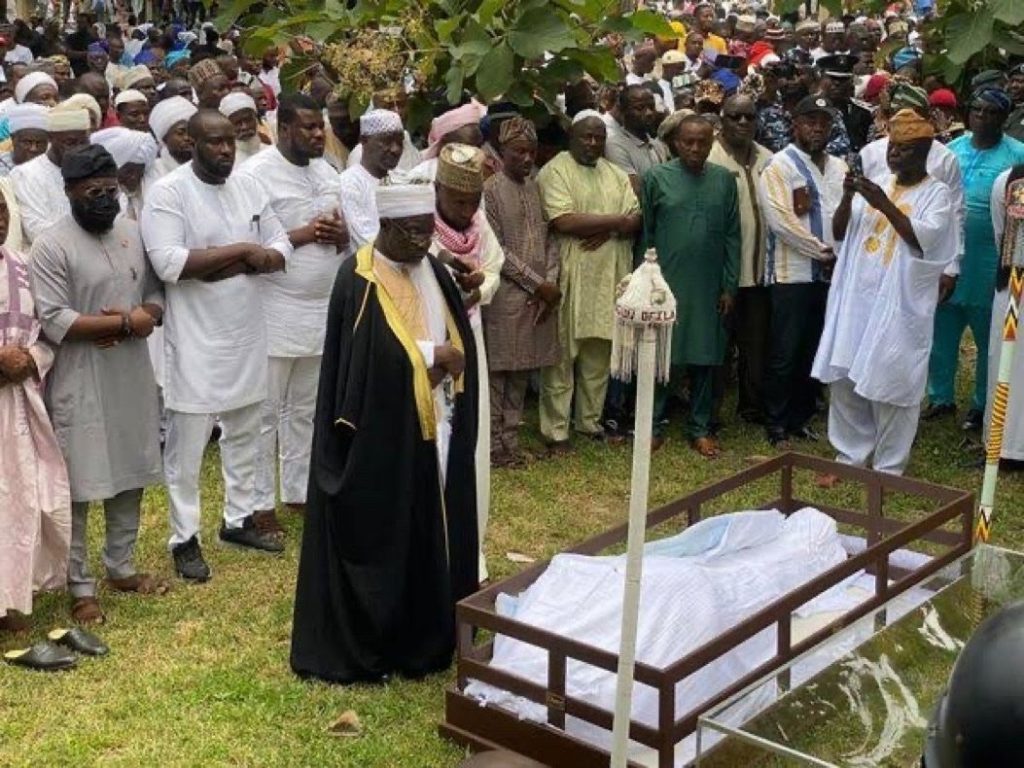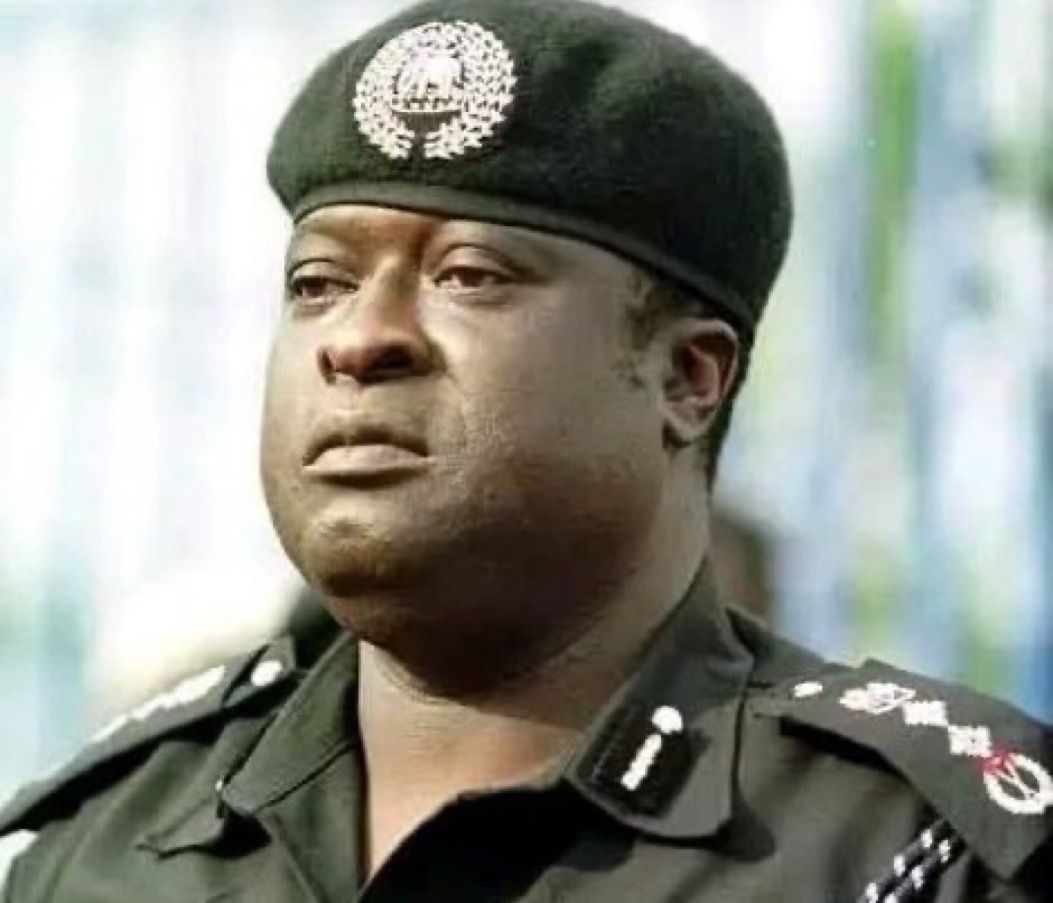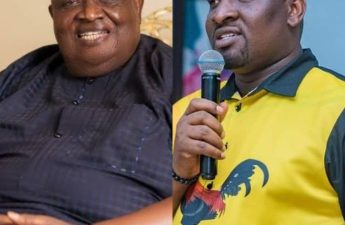The story of former Nigeria’s Inspector General of Police, Mustafa Adebayo, is full of lessons we can learn from.
He joined the Police Force in May 1973, moved upwards steadily, and became the IGP in March 2002.
Balogun who was born on August 25, 1947, at lla-Orangun in Osun State, South-west Nigeria, studied at the University of Lagos and received a B.A. in political science in 1972. The following year, Balogun was enlisted in the Nigeria Police Force.
While at it, Balogun received a law degree from the University of Ibadan.
Balogun was elevated to the position of principal staff officer for former Inspector-Genral of Police Muhammadu Gambo, after his service in different roles across the nation.
The places he held positions include Edo State as the deputy commissioner of police, While in Delta State, Rivers State and Abia State he held the position of commissioner of police.
The same year he was promoted to Inspector General of Police, on March 6, 2002, he was appointed Assistant Inspector General of Police in A.I.G Zone One, Kano.
The chronicle of Tafa Balogun as the Inspector General of Police:
In March 2002, Balogun took over from Musiliu Smith as IGP. In The national elections in April 2003, Balogun oversaw police security generally, but during this election, there were records of allegations of police misconduct.
Balogun advocated for patriotic changes, with the support of a book he presented in August 2003 He encouraged the use of national identity cards, widespread education, electoral law reforms, citizens’ participation in politics, good governance, and the creation of a constituted court in Nigeria. Balogun not only called out for these changes, but he also came up with sound tactics to help in executing these tenets.
Still, in his position in 2003, Balogun mobilized highly concentrated security measures to put a check on any form of disruption against the Commonwealth conference in Nigeria in December 2003.
Unfortunately, the security mobilization didn’t yield. A riot broke out and media persons who were victims of the circumstances were injured and their work properties as well.
Balogun promised an intensive investigation to ensure that none of the offenders both those who planned and those who executed the act went unpunished. And to the parties who were affected, he also pledged that he would see to the end of the case.
Not long after the incident and Balogun’s promises to the people, claims of corruption rose against him from different varieties of newspapers, saying the same thing. The claim has it that he had embezzled public funds and accepted payments from officials and criminals. This accusation came up before the end of 2004, and he was compelled to retire in January 2005.
A few months after he retired; on April 4, 2005, he was charged by the Federal High Court of Abuja with theft, money laundering, and some other means.
These accusations were termed valid by the Economic and Financial Crimes Commission (EFCC) led by Nuhu Ribadu after much investigation.
The Economic and the Financial Crimes Commission (EFCC) led by Nuhu Rihbadh charged Balogun with 70 offences between the years 2002-2004.
A negotiation to return most of the deal amount of cash was reached by Balogun and the judge, who reduced his sentence to six months in jail in Kuje Prison.
Balogun served a portion of his jail term in Abuja National Hospital, which when added to the previous months counts as six months. He was released on February 9th, 2006
Balogun was diagnosed with a minor illness at a hospital in Lekki and died afterwards on August 4, 2022.




